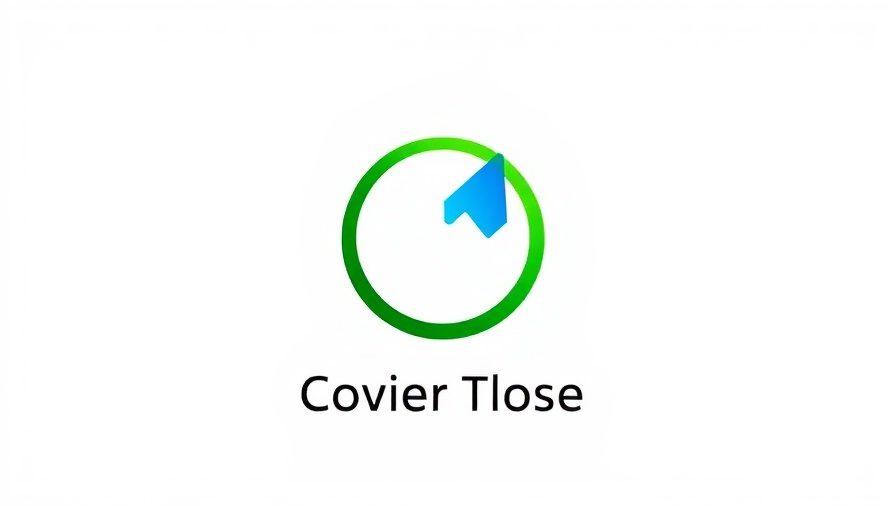
Understanding Modern Dehumidification Systems
As homeowners and property managers strive for greater comfort and energy efficiency, the role of dehumidification technologies becomes central in HVAC (Heating, Ventilation, and Air Conditioning) systems. The latest innovations in dehumidification focus not only on moisture removal but also on enhancing overall indoor air quality and comfort. New systems are equipped with smart technology that allows for precise control over humidity levels, making them a must for those dealing with humidity-related issues.
Why Smart Systems Matter
Modern dehumidifiers are integrating advanced technologies that monitor environmental conditions in real-time. These innovative systems can adjust their operation based on humidity levels, ensuring optimal performance while saving energy. For property managers and small business owners, smart HVAC systems can turn into valuable assets by reducing energy costs and improving air quality, essential for customer retention and health.
Benefits of Smart Dehumidifiers
Employing smart dehumidifiers provides multiple advantages, such as lower energy usage and improved comfort. Many models showcase humidity sensors that gauge the air’s moisture content and adjust accordingly. This function not only works to maintain a comfortable environment but also contributes significantly to the longevity of HVAC equipment. Essentially, good dehumidifiers help ease the burden on air conditioning units by allowing them to work more efficiently.
Future Trends in HVAC and Dehumidification
The trend toward smart HVAC systems is set to continue, with manufacturers emphasizing energy efficiency and user-friendly technology. Homeowners should look out for systems that offer remote monitoring and smart home integration, allowing for seamless operation from mobile devices. As the demand for energy-efficient solutions grows, so too will the offerings from leading HVAC manufacturers. Understanding which brands, such as Lennox, stand out in this evolving market can guide informed purchasing decisions.
Investing in Your HVAC System: Key Considerations
When considering an upgrade to smart HVAC solutions, it’s important to evaluate several factors: the initial investment cost, potential rebates available for energy-efficient systems, and the anticipated savings on energy bills. Homeowners often wonder about costs—how much is a new central heat and air unit? It’s advisable to compare various brands and manufacturers to determine the best fit for your needs. Additionally, some local utility companies offer rebates on air conditioning systems, which can further incentivize upgrading your HVAC system.
Actionable Steps for Homeowners and Managers
For those looking to improve indoor air quality through better dehumidification, start with a thorough assessment of your current system. Consult with HVAC professionals to explore options tailored to your space. Regular maintenance is crucial: how long does HVAC maintenance take? Typically, a professional check-up can be done in a couple of hours but pays dividends in performance and savings. Embracing these modern technologies not only leads to more comfortable living spaces but also promotes eco-friendly practices—an outlook every homeowner should prioritize.
In conclusion, as we enter a new era of dehumidification, the focus remains on smarter, more efficient systems that foster higher comfort levels and significant energy savings. Homeowners and property managers can navigate these innovations and enhance their environments by staying informed and making educated decisions.
By investing in smart HVAC solutions, you will maximize your comfort, contribute to energy conservation, and even improve the overall quality of your indoor air. Don't wait—transform your home today!
 Add Row
Add Row  Add
Add 

 Add Row
Add Row  Add Element
Add Element 




Write A Comment